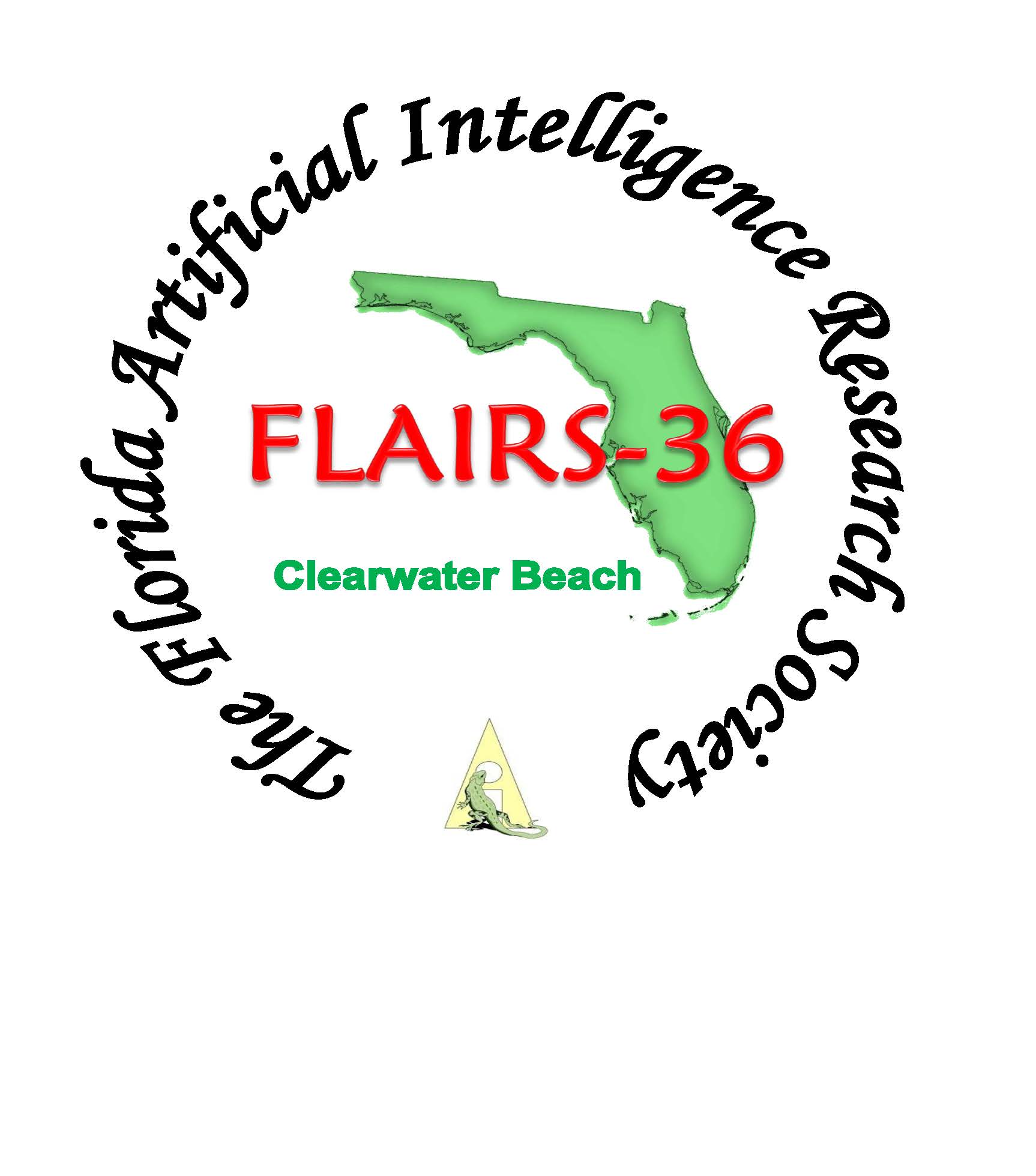Group Bias and the Complexity/Accuracy Tradeoff in Machine Learning-Based Trauma Triage Models
DOI:
https://doi.org/10.32473/flairs.36.133358Abstract
Trauma triage occurs in suboptimal environments for making consequential decisions. Published triage studies demonstrate the extremes of the complexity/accuracy tradeoff, either studying simple models with poor accuracy or very complex models with accuracies nearing published goals. Using a Level I Trauma Center’s registry cases (n=50,644), this study describes, uses, and derives observations from a methodology to more thoroughly examine this tradeoff. This or similar methods can provide the insight needed for practitioners to balance understandability with accuracy. Additionally, this study incorporates an evaluation of group-based fairness into this tradeoff analysis to provide an additional dimension of insight into model selection. The experiments allow us to draw several conclusions regarding the machine learning models in the domain of trauma triage and demonstrate the value of our tradeoff analysis to provide insight into choices regarding model complexity, model accuracy, and model fairness.
Downloads
Published
How to Cite
Issue
Section
License
Copyright (c) 2023 Katherine L. Phillips, Katherine E. Brown, Steve Talbert, Douglas A. Talbert

This work is licensed under a Creative Commons Attribution-NonCommercial 4.0 International License.


